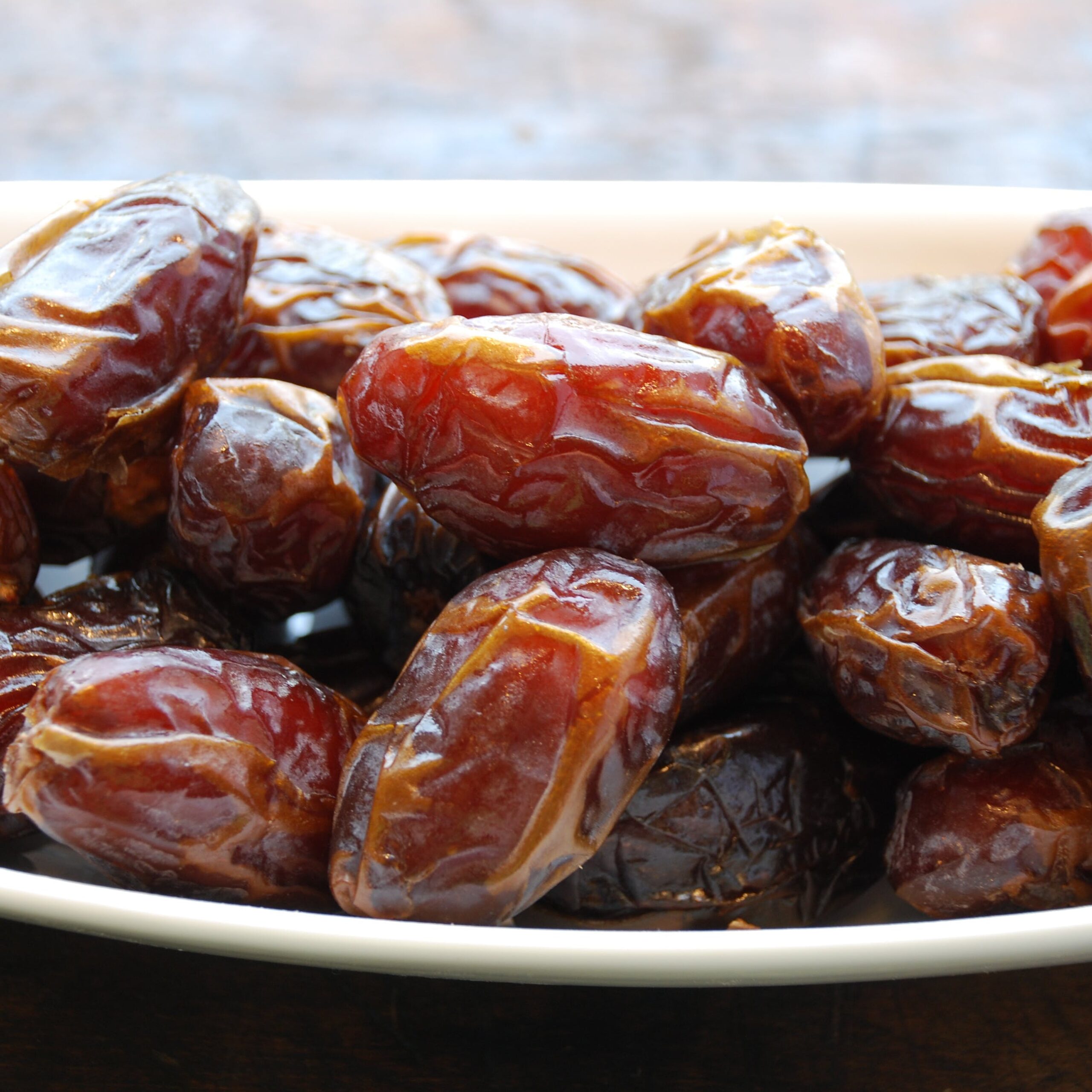Kedai Kurma and the Fair Trade Movement in Dates

Dates, with their natural sweetness and rich history, have become a staple in Malaysian cuisine, often referred to as “kurma.” To acquire these delectable treats, Malaysians turn to kedai kurma, shops dedicated to the sale of dates. But in today’s world, ethical considerations are increasingly important. This blog post delves into the world of dates shops in Malaysia, exploring the diverse landscape of date shops and examining the growing movement towards fair trade certification for dates. We’ll equip you with the knowledge to make informed choices when seeking delicious and ethically sourced kurma.
A Land of Kurma Delights: Exploring the Landscape of Kedai Kurma in Malaysia
Malaysia boasts a diverse range of dates shops, catering to various needs and preferences:
-
Borong Kurma (Wholesale Date Stores): These stores cater to individuals and businesses seeking dates in bulk quantities, often offering competitive prices. They are ideal for those who enjoy dates regularly or need them for religious celebrations.
-
Specialty dates shops: These shops focus on offering a curated selection of high-quality dates, often featuring premium varieties and international brands. They might cater to a more discerning clientele willing to pay a premium for unique and exotic date offerings.
-
Supermarkets and Grocery Stores: Major supermarkets and grocery stores typically stock a selection of dried dates, providing a convenient option for readily available dates without the commitment of bulk purchases. The variety might be limited compared to dedicated dates shops.
-
Online dates shops: The digital marketplace offers a growing selection of dates shops, potentially featuring a wider range of date varieties, including fresh dates. However, careful research regarding supplier reputation and quality control practices is crucial when considering online purchases.
Beyond the Shopfront: The Human Cost of Dates
As we savor the sweetness of kurma, it’s important to consider the human element in date production. Concerns exist regarding fair compensation for date farmers, particularly in countries with a long history of date cultivation:
-
Labor Challenges: Date farming can be labor-intensive, and concerns exist about fair wages and working conditions for farmers, especially migrant workers.
-
Price Fluctuations: Fluctuations in global date prices can negatively impact farmers’ incomes, making it difficult to earn a sustainable livelihood.
-
Middlemen and Supply Chains: Long and complex supply chains can lead to a significant portion of profits going to middlemen, leaving farmers with a smaller share.
The fair trade movement aims to address these concerns and ensure ethical practices throughout the date production process.
A Fairer Future: The Rise of Fair Trade Dates
The fair trade movement is gaining traction in the date industry, offering a potential solution for ethical sourcing:
-
Fair Trade Principles: Fair trade certification ensures farmers receive a fair minimum price for their dates, promoting sustainable livelihoods and empowering communities.
-
Transparency and Traceability: Fair trade certification guarantees transparency in the supply chain, allowing consumers to trace the origin of their dates and support ethical practices.
-
Social and Environmental Responsibility: Fair trade certification often promotes environmentally friendly practices and social initiatives within date-producing communities.
While fair trade dates might carry a slightly higher price tag, choosing them signifies a commitment to ethical sourcing and supporting sustainable date production.
Making Informed Choices at Your dates shops
Here’s how you can make informed choices when purchasing kurma in Malaysia:
-
Ask Questions: Engage with dates shops owners or online retailers. Inquire about the origin of the dates, fair trade certifications (if applicable), and any initiatives they support to ensure ethical sourcing.
-
Look for Certifications: Look for labels like Fairtrade International or WFTO (World Fair Trade Organization) when purchasing dates. These certifications signify adherence to fair trade principles.
-
Do Your Research: Research the reputation of dates shops, particularly online retailers, and prioritize those demonstrating a commitment to ethical sourcing and transparency.
By employing these strategies, you can transform your kurma indulgence into a conscious choice that supports fair trade practices and empowers date-producing communities.
The Culinary Canvas of Kurma: Beyond Fair Trade
The ethical considerations extend beyond fair trade certification. Here’s how to enjoy kurma with a mindful approach:
-
Seasonal and Local Options: When possible, opt for seasonal and locally sourced dates. This reduces the environmental impact of transportation and supports Malaysian date farmers.
-
Minimize Waste: Purchase the amount of kurma you need to avoid spoilage. Consider innovative ways to use leftover dates to minimize waste.
-
Explore Sustainable Practices: Look for kedai kurma that prioritize sustainable practices, such as eco-friendly packaging or supporting date farms that employ water conservation methods.
By embracing these mindful practices alongside fair trade considerations, you can elevate your kurma indulgence to a truly holistic and sustainable experience.